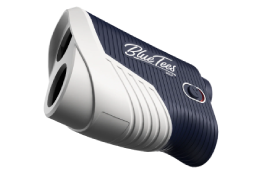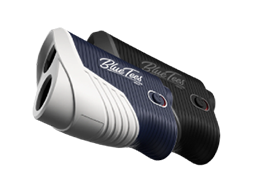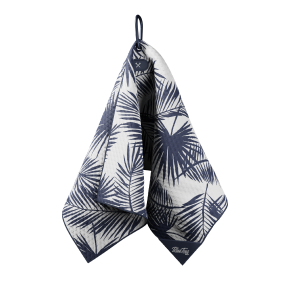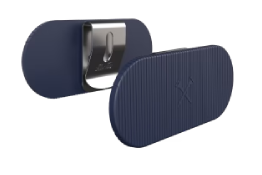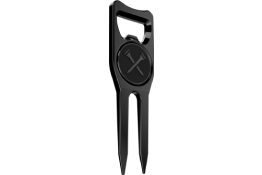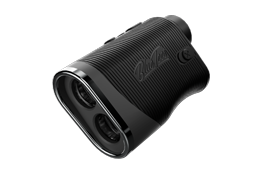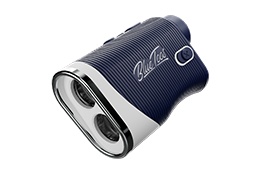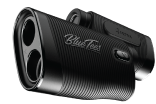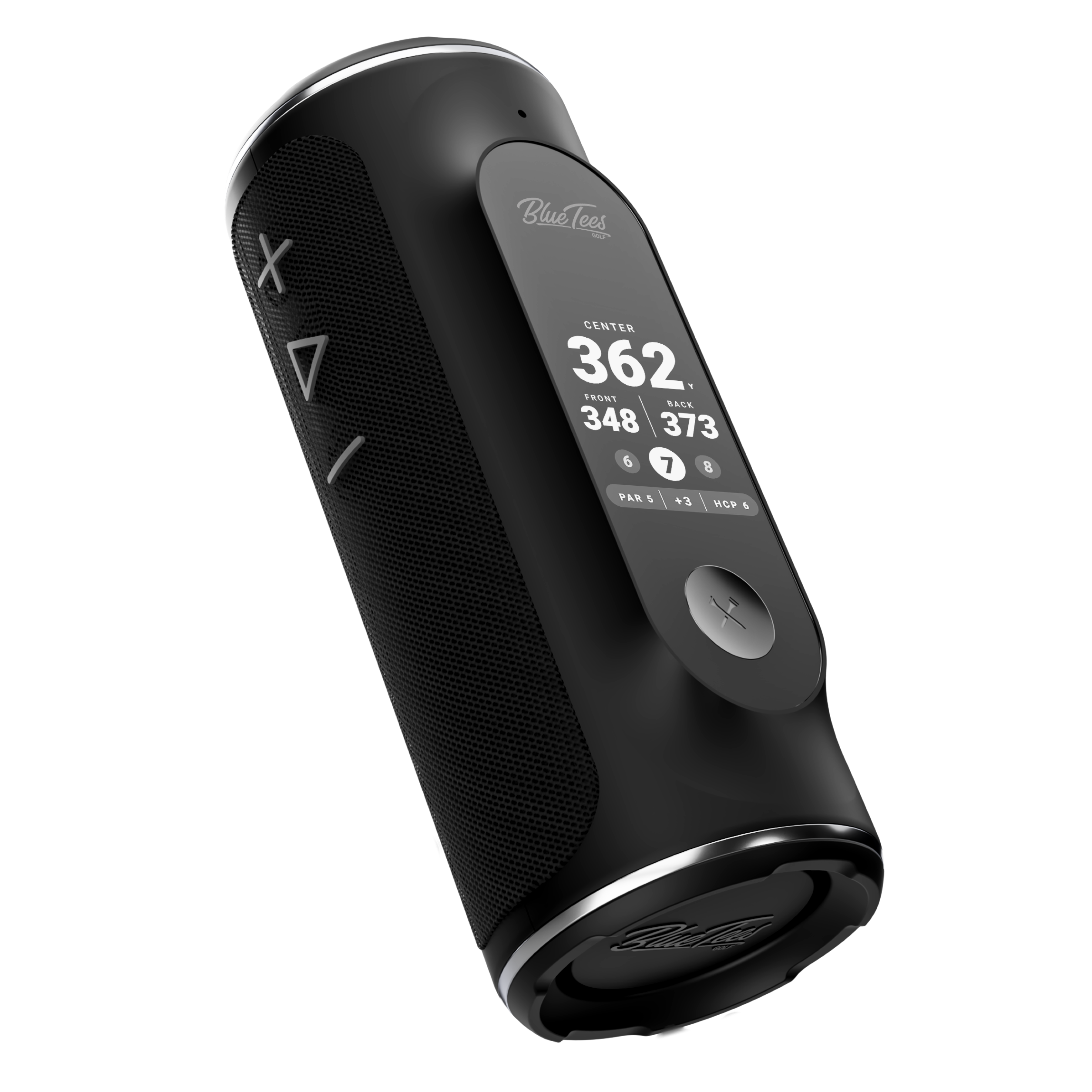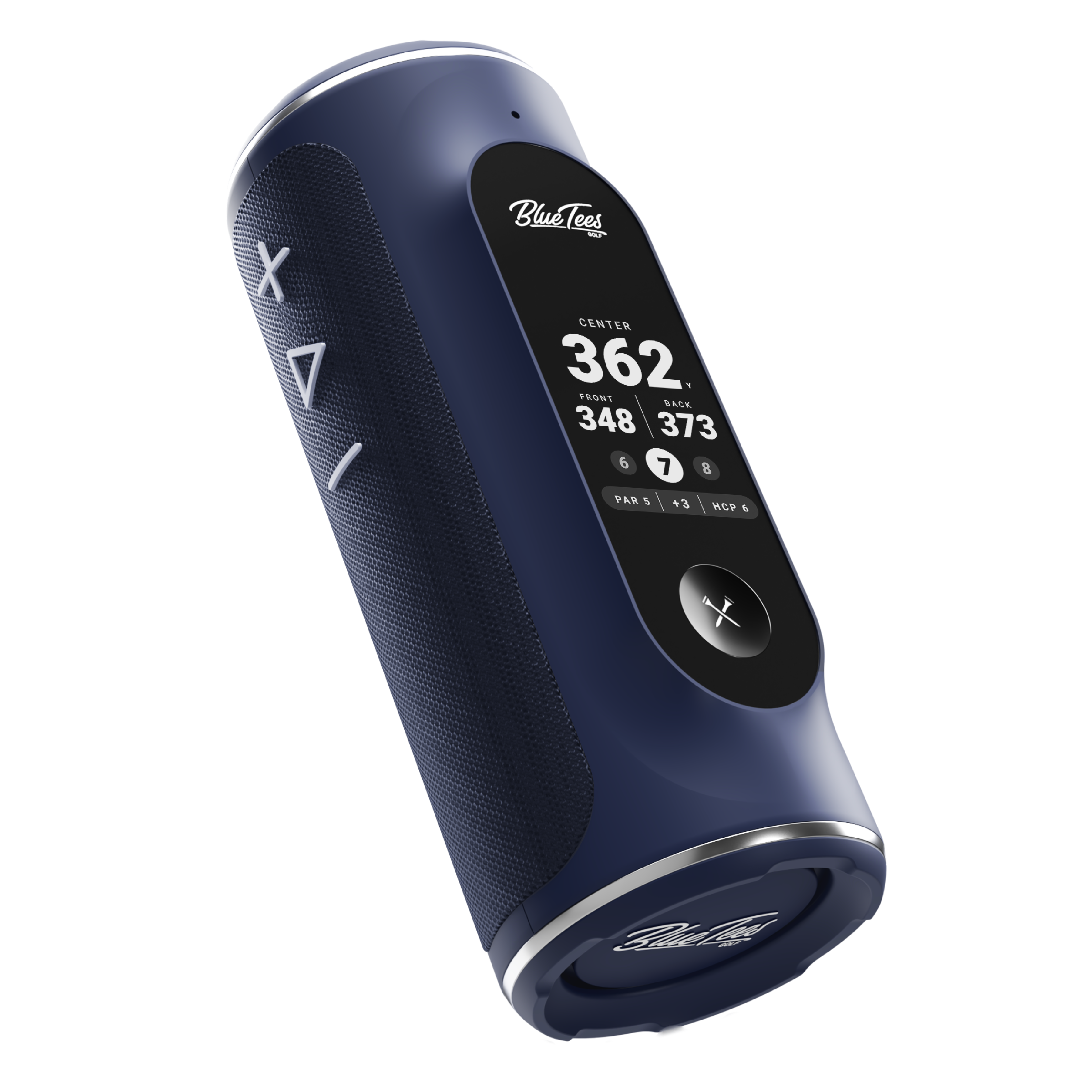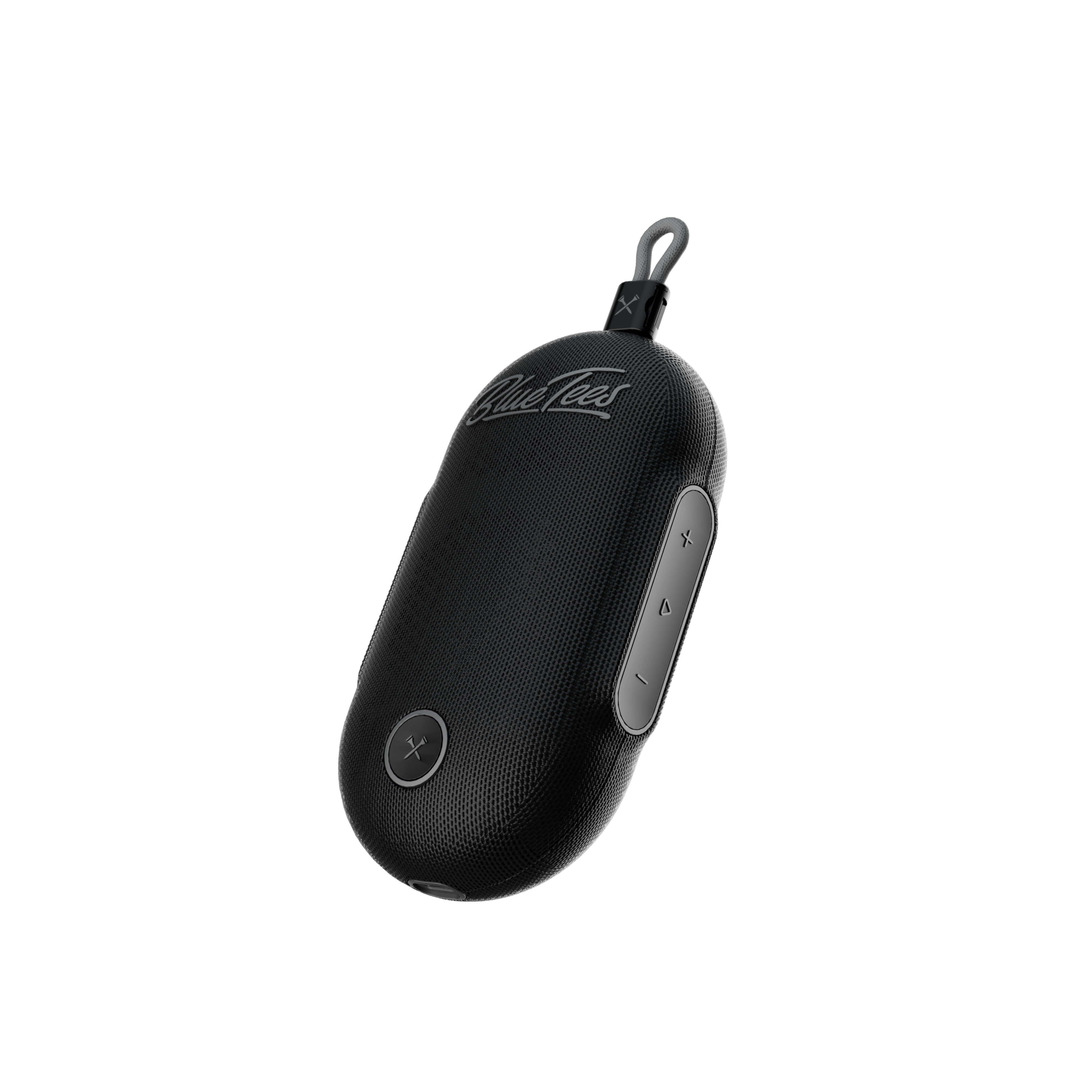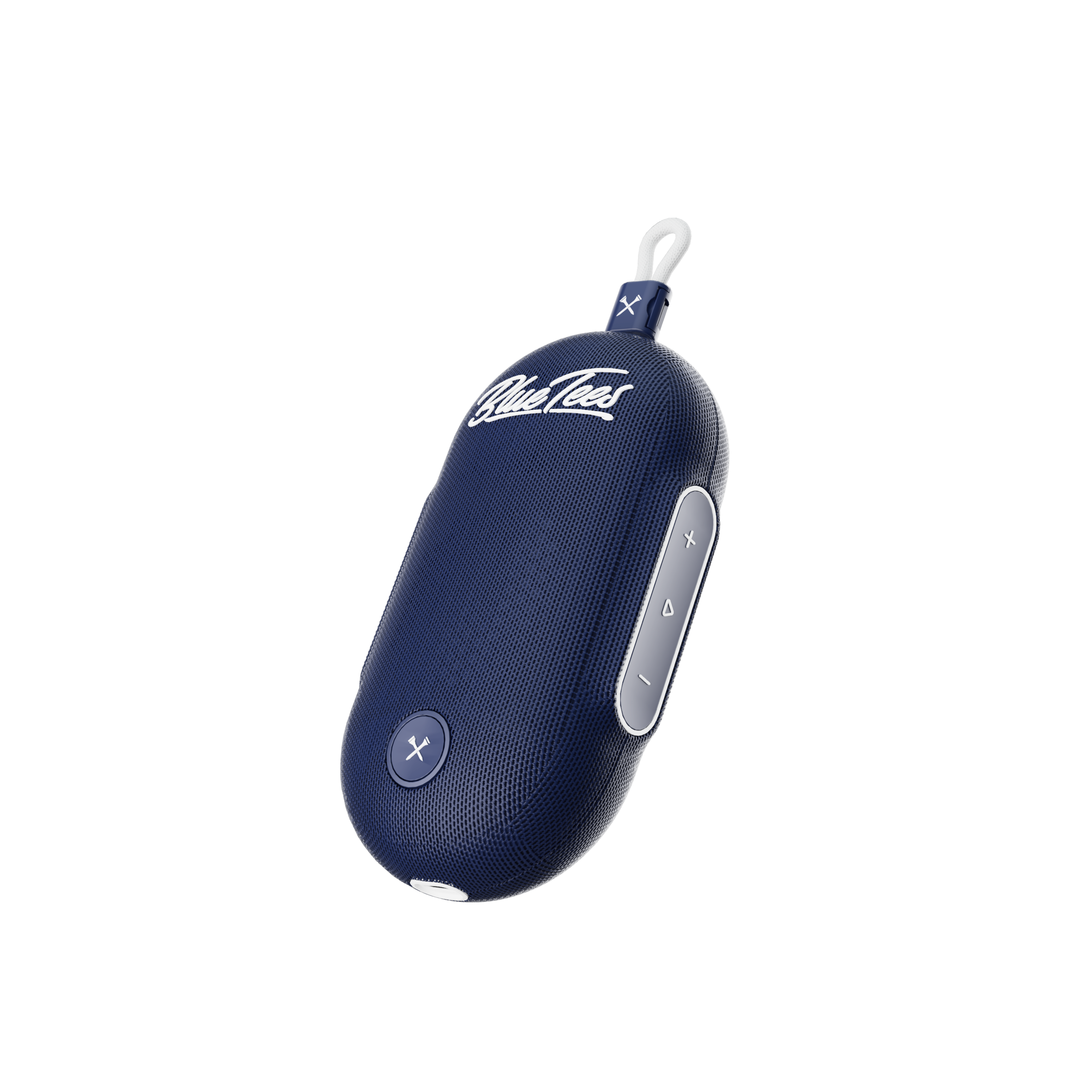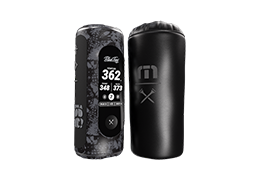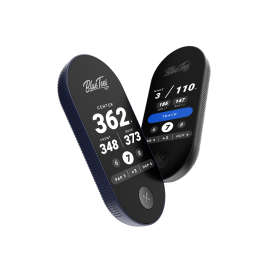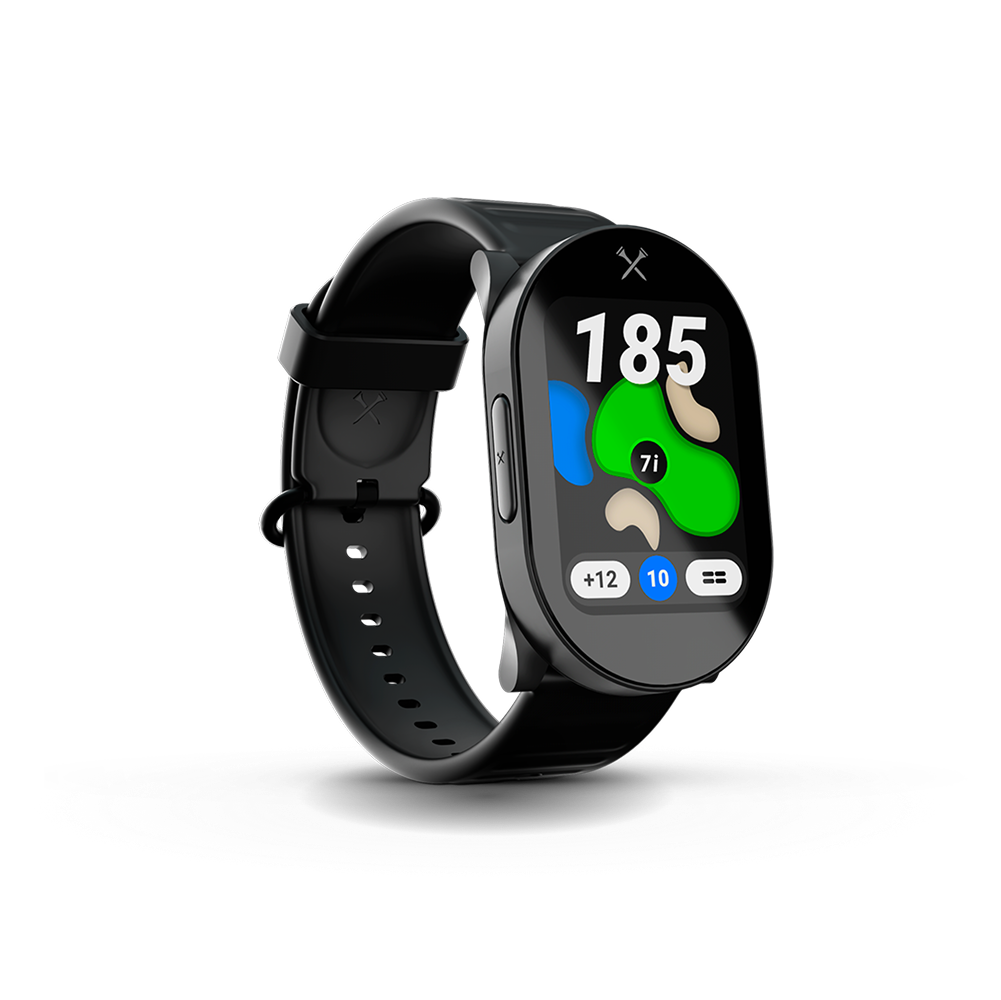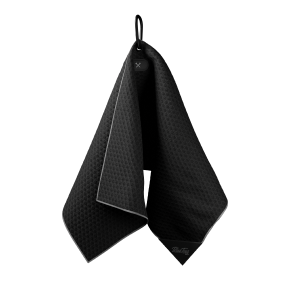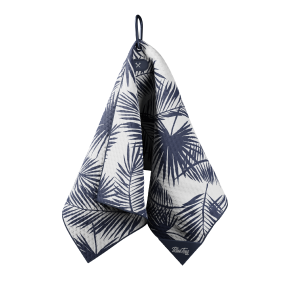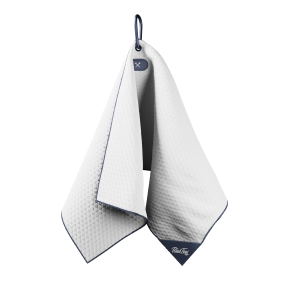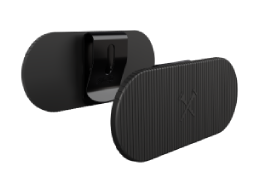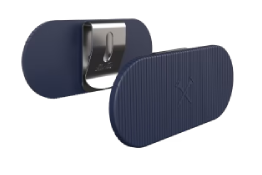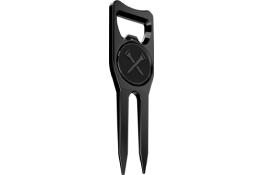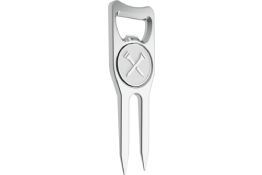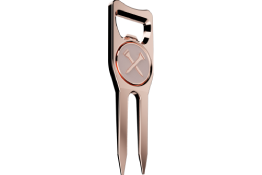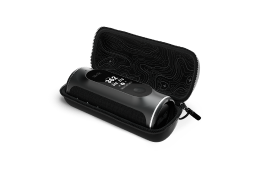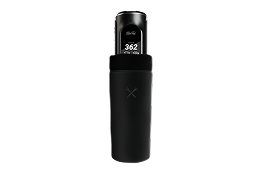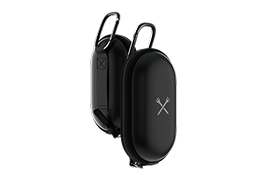Do I Really Need a Range Finder
Remember when all that was out there was a white stake? A white stake and you had to kind of guess if it was the Out of Bounds Marker or the 150 marker? Then there was the phase of those large plastic dome-like things buried at the 150 and the 100-yard range. Then most courses just decided that the sprinkler heads were the way to go. There are plenty of them out there (except they are never all marked) and you can get lots more information than that old white stake. Some high-tech places decided to go for the GPS in the carts, the one that reminds you about the 2 for 1 hot dog deal before each swing. For the golf purists, learning the length of your pace and exactly how it equates to yardage is a skill. It is learned and it takes time. Once you learn that skill the last thing that you feel the need to do is to spend more money on a Range Finder. Your pace is perfect, you just don't need one. Or do you?
Having played golf my entire life I don't think It hit me how far off those sprinkler heads were until my first USGA sanctioned event. We were given pin placement charts and yardage books. It was a whole different ball game. I remember estimating front, middle and back of greens. I know now that those estimations were not all that accurate. You always think its 6-8 paces difference between front back and middle, sometimes it is 12 and sometimes it is only 4, that makes a huge difference when it's a birdie putt. I enjoyed the pin placement charts and the yardage books. They were great and helped tremendously with shot-making and planning, especially on a course I didn't know.
I still wasn't sold on the Range Finder idea at this point. Of course, I couldn't expect to have yardage books and pin placements at every course but I chose to get by with my pacing. One afternoon while playing golf with a friend I had the club in hand, paced myself out and he passed by me with his Range Finder and asked if I wanted a number. In my mind I had my number, I knew exactly what it was to the middle of the green, did my estimations to the pin and I was confident with the club in my hand. I guess I must have still had a small bit of doubt because I said, "ok sure". In my calculation, I had it at 155. For me this was a solid 7 iron, 6 would be too much at 155 but as we got closer to 159-160 6 iron can come into play. He said 159.
The worst number he could have said, now I had doubt. All golfers know the last thing you need in your mind before a shot is doubt. I politely thanked him and at the same time, I was angry for taking this yardage. After all, I'm a feel player, I don't need an electronic device telling me how to play this game. I decided to level up the 6 iron just to be sure I was going to get to the back of the green (where the pin was). It turned out to be the right club selection.
I found myself asking for a few more yardages throughout the day and then it hit me. Sometimes my pacing is perfect, it's a learned skill, it took years to master and develop but it's not always as accurate as the range finder. The next time I played golf I took a range finder out with me and I shot 3 shots lower than the previous round. Too soon to tell if it was related but it was worth keeping around for a bit. Over the course of the next 6 months, I decided to use a range finder and on average it did lower my scores by 3 shots per round.
To be totally honest, it's not something that I enjoy taking out of my bag. I never want to lose my feel for yardages and distances, I never want to lose the ability to stand there and say its 145 to the pin (without even having to pace it off). I've found that instead of losing this ability I have gained more skill in estimating my yardages. The range finder has helped me to develop feel. Opposite of the original thoughts that I had about rangefinders but it has worked for me.
If you are a golf purist and afraid to leap there are a few tips that I have that may help.
- Stick with something small and discrete. You don’t need to go deer hunting you need to find a pin that is usually 175 yards or less away from you.
- Keep it simple. You need a number and that is it. Do not worry about something that has thousands of features and options and course maps etc. Your mind does not need to be worried about these things while you are trying to play.
- Don't download an app. If you can help it, don't bring your phone to the golf course! You will thank me and your playing partners will thank you if you listen to this tip!
- Don't think this means you need to shoot every shot. If you are standing next to the sprinkler head that says 100 and the pin is in the center, do you need to shoot it? Does it matter to you if it is 101 or 99. I don't think so? Not measuring every shot will help you keep some of your feel alive as well, gets you more connected to your game and the shots you have to make.
It's not something I ever really thought I would "need" in my golf bag, but honestly, it is. When it comes down to spending hours on the range to perfect a fade or a draw, I want to make sure that when I pull that off, I'm heading at the right pin with the right club. It's only fair to myself. This is a hard game; we all know that. When they start giving out awards for people that don't use rangefinders maybe I will have to put one back in my bag, but for now, it doesn't look like we are headed that way anytime soon.



